Impact Hub Scaling Green Ventures: Meet The Innovators Accelerating Climate Action
Impact Hub
APRIL 20, 2023
According to a recent McKinsey report , reaching net zero by 2050 could require a 60% increase in capital spending on physical assets compared to current levels. trillion per year until 2050, with $6.5 trillion annually allocated to low-emissions assets and enabling infrastructure. The total investment needed amounts to $9.2



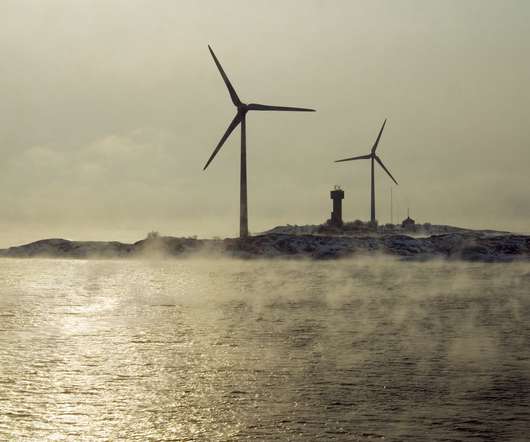

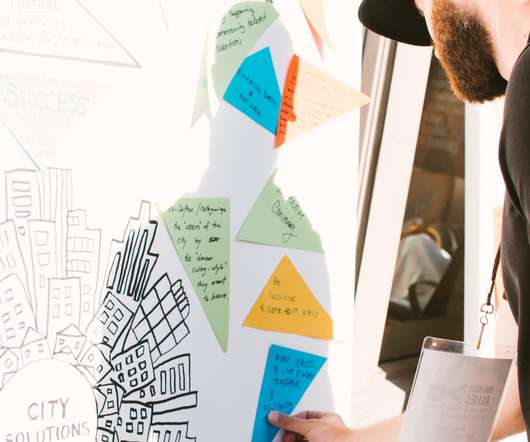
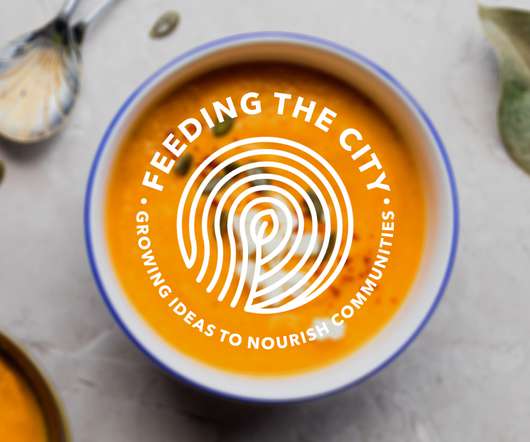

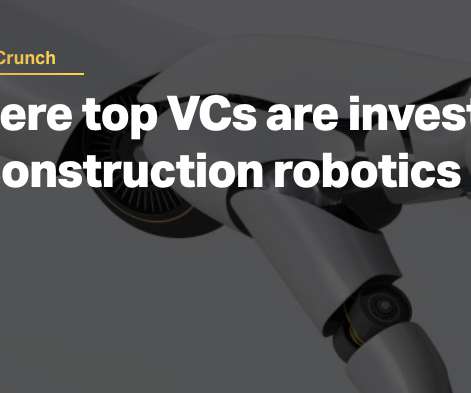
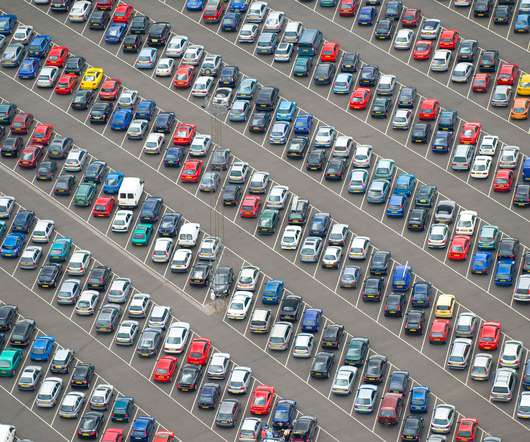








Let's personalize your content